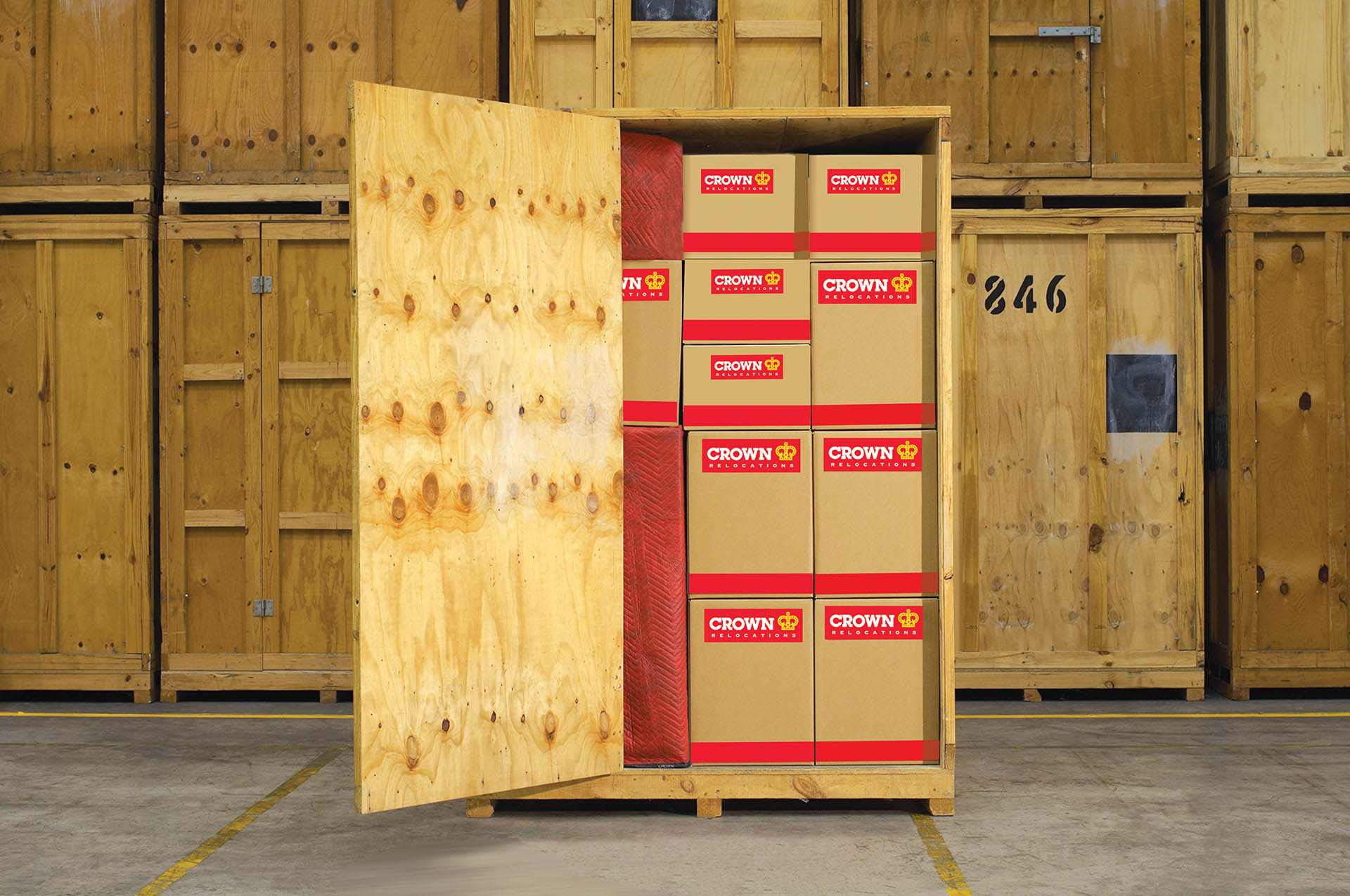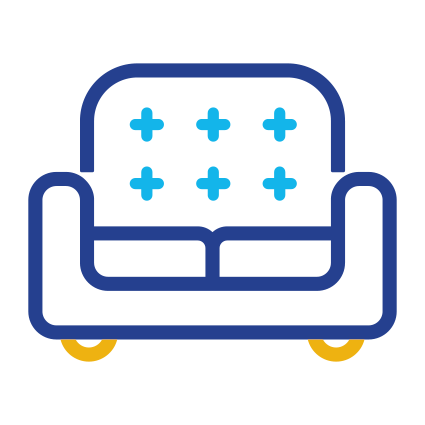Your Relocation Company
Your Move, Step by Step
Here's how we make your move easy: structured steps, clear support, and a dedicated team guiding you from start to finish.
-
1
Enquire
Tell us about your planned relocation/move
-
2
Consultation
An experienced consultant will help assess all your needs
-
3
Recommendation
You will receive a tailored service recommendation and package
-
4
Settling
You'll have full access to our range of additional services designed to help you settle in your new home
-
5
Support
Our dedicated move teams will help handle all aspects of your move from here to there
Protect what matters most with CrownCare
Even with expert packing and care, the journey between homes can come with risks. That’s why we offer CrownCare Transit Protection – giving you added peace of mind with comprehensive coverage for your belongings from door to door, by land, air, or sea.
Our policies cover full replacement costs on an all-risks basis and are underwritten by AXA, a global leader in transit protection. With additional options for high-value items, electronics, mold protection, and more – it’s protection that’s as thorough as our packing.







